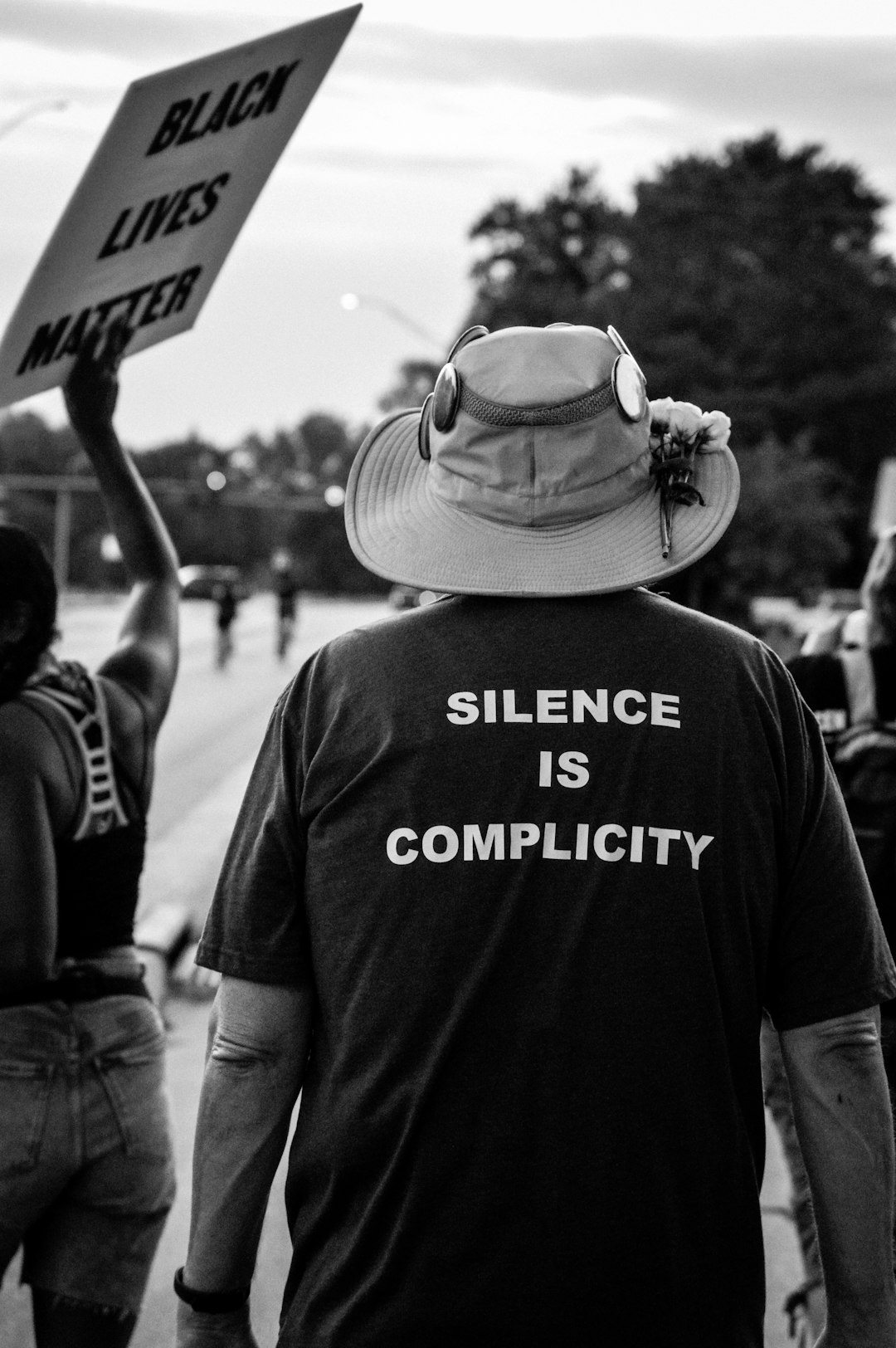Spam calls are a growing concern in Nebraska, but state laws like the Nebraska Anti-Spam Act and the TCPA provide robust protections for residents' phone privacy. Spam call law firms in Nebraska educate citizens about their rights, navigate legal recourse, and ensure these measures remain effective. By combining quantitative and qualitative data, researchers and law enforcement can comprehensively evaluate the community impact of spam calls and adjust policies accordingly to mitigate unwanted telemarketing.
In today’s digital age, spam calls remain a persistent nuisance, particularly in communities like Nebraska. This article explores the multifaceted impact of these unwanted telephone marketing tactics on Nebraskans. We delve into the legal framework surrounding spam calls, specifically focusing on laws enforced by local spam call law firms. By understanding both the prevalence and consequences, we can better analyze and mitigate the community-wide effects, ensuring a quieter and safer communication environment for all residents.
Understanding Spam Calls and Their Prevalence in Nebraska

Spam calls, often associated with telemarketing or scam attempts, have become a persistent issue across the United States, including the state of Nebraska. With advancements in technology, spammers now employ sophisticated methods to target consumers, making it harder for individuals and businesses alike to distinguish legitimate communications from unwanted ones. Nebraska, known for its agricultural heritage and bustling communities, is no exception to this growing problem. The proliferation of spam calls has led to increased frustration among residents, prompting a need for better understanding and effective solutions.
In Nebraska, the prevalence of spam calls has prompted various law firms specializing in telecommunications law to step up their efforts. These legal experts play a crucial role in educating citizens about their rights under state laws regulating spam calls, such as the Nebraska Anti-Spam Act. By staying informed about these laws, Nebraskans can take proactive measures to protect themselves from unwanted phone calls and know when to seek legal recourse if necessary. This collaborative approach between residents and law firms is essential in mitigating the community impact of spam calls and ensuring a safer, more peaceful environment for all.
The Legal Framework Surrounding Spam Calls in Nebraska

In Nebraska, the legal framework to combat spam calls is established by the Nebraska Revised Statutes. The state has implemented strict regulations to protect residents from unsolicited telephone marketing calls, often referred to as spam calls. These laws are designed to ensure that consumers have control over their phone lines and privacy. Nebraska’s approach includes provisions for consumer protection, allowing individuals to register their phone numbers on the Do Not Call list, which significantly reduces the volume of spam calls received.
Spam call law firms in Nebraska play a crucial role in enforcing these regulations. These legal experts specialize in telephone consumer protection law and assist consumers in taking action against persistent spam callers. They help residents understand their rights, file complaints, and seek legal remedies when necessary, ensuring that the state’s anti-spam measures are effectively implemented and upheld.
Measuring and Analyzing the Community Impact of Spam Calls

Measuring and analyzing the community impact of spam calls is a complex task that requires understanding both quantitative and qualitative data. While many states, including Nebraska, have implemented strict regulations like the Telephone Consumer Protection Act (TCPA) to curb spam calls, evaluating their effectiveness necessitates looking beyond legal compliance. The volume of spam calls received by residents can be gauged through surveys and call tracking software, offering insights into the extent of the problem within a community.
Qualitative assessments are equally vital, capturing the emotional and psychological impact on victims. This includes analyzing consumer feedback, social media discussions, and community forums to understand the stress, anxiety, and disruption caused by unwanted calls. By combining these data points, researchers and law enforcement agencies in Nebraska can gain a comprehensive view of spam call activity’s societal effects, guiding more targeted interventions and policy adjustments to mitigate the issue effectively.






